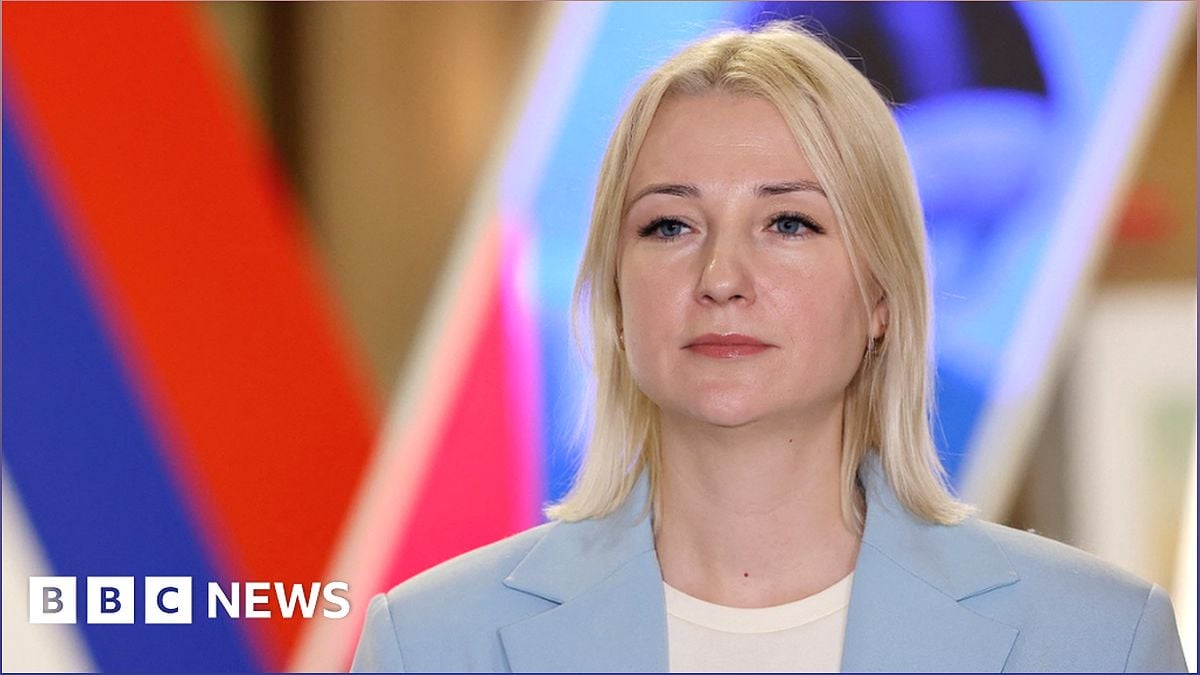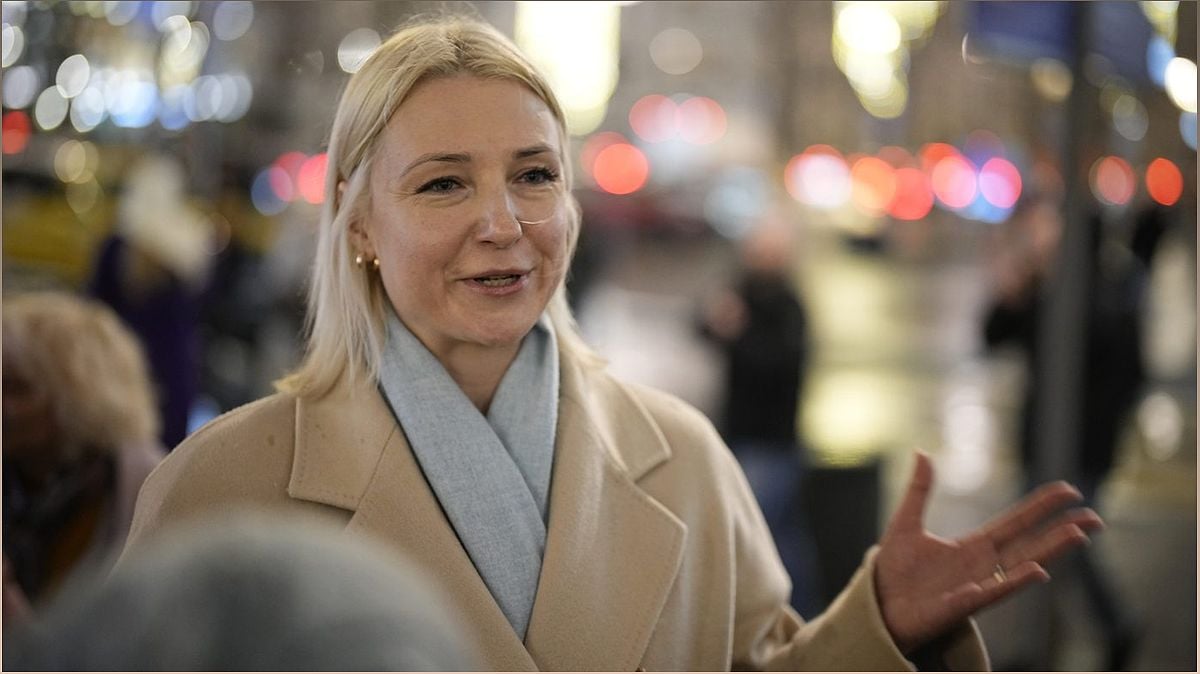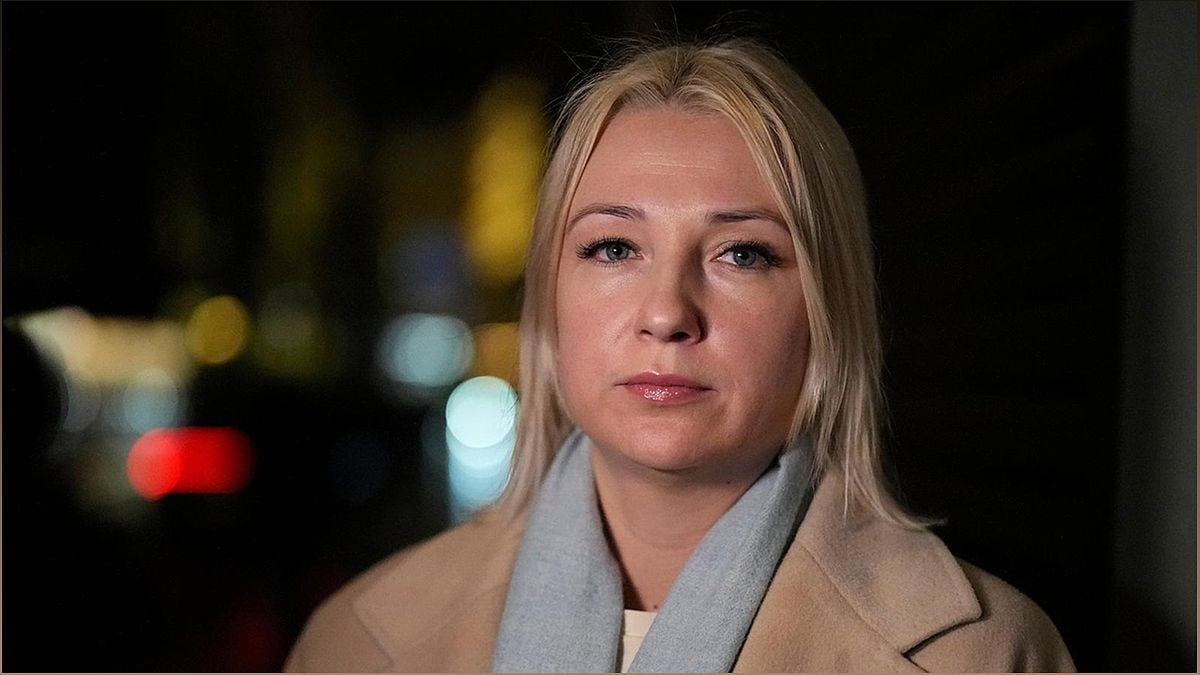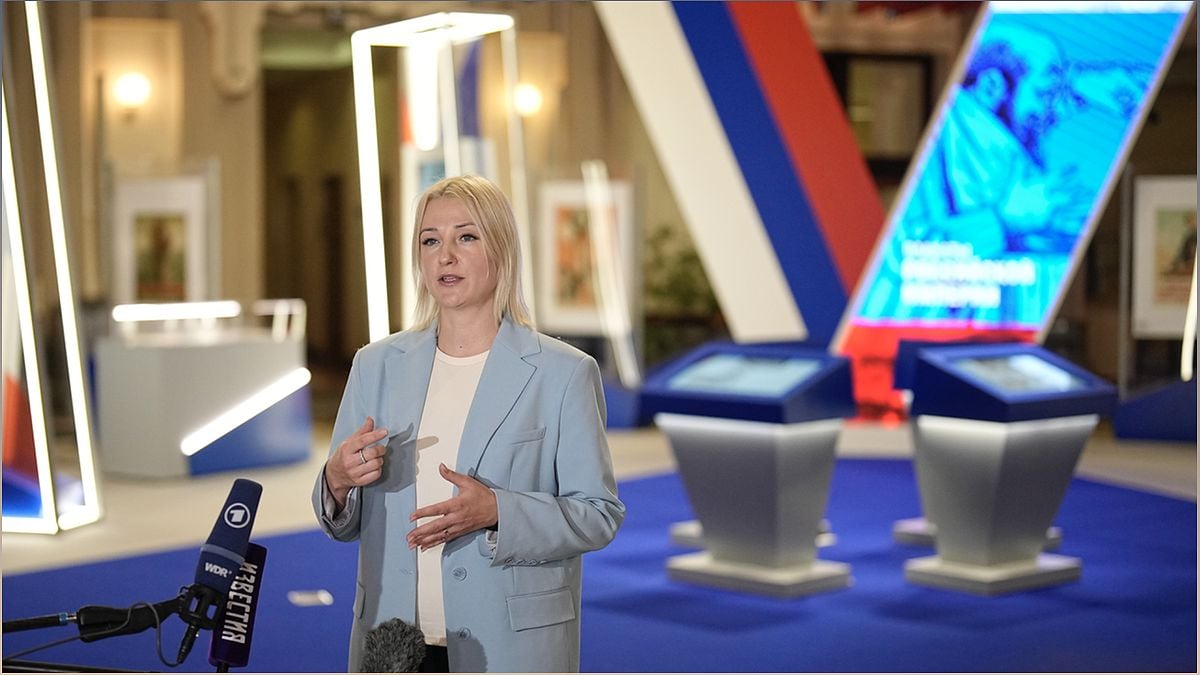Challenging Putin: The Barred Candidate and the Battle for Democracy
Uncover the intriguing tale of Yekaterina Duntsova, a former TV journalist with a passion for ending the war with Ukraine, who dared to challenge President Putin in Russia’s upcoming election. Despite her intentions, Duntsova’s candidacy was unanimously rejected by the electoral commission, citing numerous ‘mistakes’ on her application form. This immediate rejection raises questions about the tolerance for dissent in the campaign and sheds light on the obstacles faced by opposition figures in Russia. Join us as we delve into the complexities of the upcoming election and the battle for democracy in the face of adversity.
The Ambitious Journalist’s Bid for Change
Yekaterina Duntsova, a former TV journalist, made headlines when she announced her intention to challenge President Putin in Russia’s upcoming election. With a strong desire for change and a platform focused on ending the war with Ukraine, Duntsova aimed to bring a fresh perspective to the political landscape.

However, her aspirations were quickly dashed when the electoral commission unanimously rejected her candidacy. Citing 100 ‘mistakes’ on her application form, Duntsova was barred from standing as a candidate, raising concerns about the tolerance for dissent in the campaign.

Despite this setback, Duntsova remains determined to fight for her right to run for president. She plans to appeal the decision at the Supreme Court, highlighting the importance of democracy and the need for diverse voices in the political arena.
The Battle for Democracy
The immediate rejection of a Putin critic like Duntsova raises questions about the level of tolerance for dissent in Russia’s political landscape. The electoral commission’s decision to bar her from running as a candidate sends a clear message that opposition figures may face significant obstacles in their bid for political office.

This rejection is not an isolated incident. Moscow has a history of sidelining opposition figures, and Putin’s expected victory in the upcoming election further highlights the challenges faced by those who dare to challenge the status quo.

Despite these obstacles, individuals like Duntsova continue to advocate for change and fight for democracy in Russia. Their resilience and determination serve as a reminder of the importance of diverse voices and the need for a fair and inclusive political process.
The Commission’s Justification
The electoral commission cited 100 ‘mistakes’ on Duntsova’s application form as the basis for rejecting her candidacy. While the specific details of these mistakes have not been disclosed, the decision raises questions about the transparency and fairness of the electoral process.
Some speculate that the rejection was politically motivated, aimed at silencing dissent and maintaining the current regime’s grip on power. Others argue that the commission’s decision was based on legitimate concerns about the accuracy and completeness of Duntsova’s application.
Regardless of the justification provided, the rejection of a prominent Putin critic like Duntsova highlights the challenges faced by opposition figures in Russia’s political landscape.
The Road Ahead: Appeal and Advocacy
Despite the electoral commission’s rejection, Duntsova is not giving up on her quest for the presidency. She plans to appeal the decision at the Supreme Court, hoping to overturn the ruling and secure her place as a candidate.
Her appeal not only focuses on her individual candidacy but also serves as a broader call for democracy and the recognition of diverse voices in the political process. Duntsova’s determination to fight for her right to run for president reflects the ongoing battle for democracy in Russia.
As the election draws near, the outcome of Duntsova’s appeal and the overall state of democracy in Russia will continue to be closely watched by both domestic and international observers.
